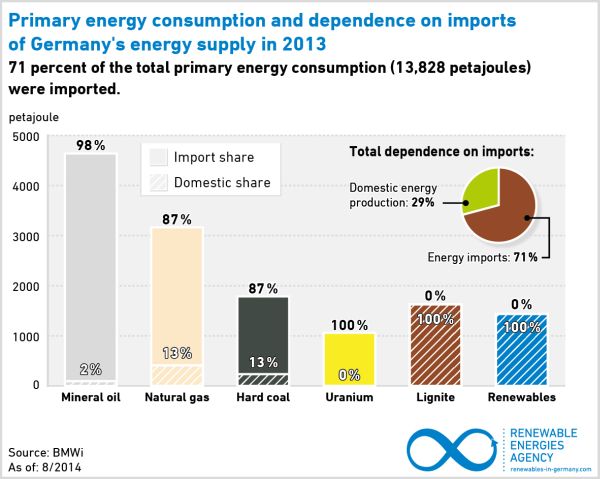9. Prosperity equals responsibility
 In the past, the availability of cheap energy and cheap raw materials has driven economic growth. However, the production and use of oil and natural gas, coal and uranium –which have fueled economic development – has had significant negative consequences. Climate change is just one of them. Industrialised countries are especially responsible for the rise in greenhouse gas emissions. Per capita emissions in Germany are seven times higher than in India. And in countries like Australia or the United States, per capita emissions are twice as high as in Germany.
In the past, the availability of cheap energy and cheap raw materials has driven economic growth. However, the production and use of oil and natural gas, coal and uranium –which have fueled economic development – has had significant negative consequences. Climate change is just one of them. Industrialised countries are especially responsible for the rise in greenhouse gas emissions. Per capita emissions in Germany are seven times higher than in India. And in countries like Australia or the United States, per capita emissions are twice as high as in Germany.
While industrialised countries have been responsible for the lion’s share of historically emitted GHGs, they have more financial resources at hand to respond to and are generally less vulnerable to climate change.
The global warming trend is bound to continue, unless vigorous action is taken to thwart, stabilise and reverse GHG emissions. If annual GHG emissions ‘remained at the current level, concentrations would be more than treble pre-industrial levels by 2100, committing the world to 3 – 10 °C warming, based on the latest climate projections’ (Stern, 2007).
Renewable energies can reverse current trends. In contrast to fossil fuels, renewable energies are truly climate-friendly energy resources.

Social Media